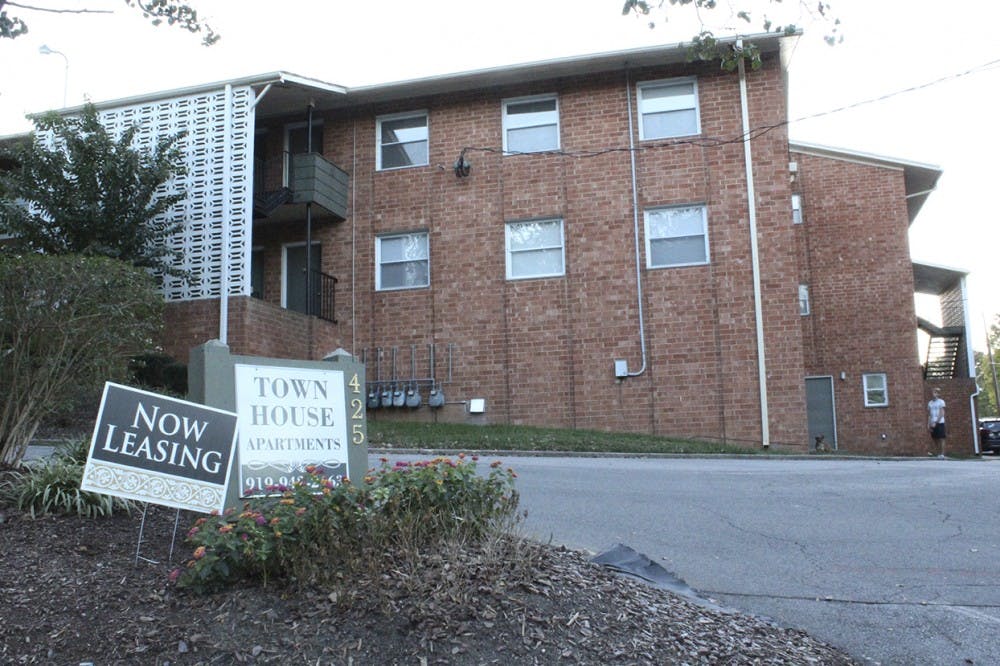J. Tristan Routh is a staff attorney at Carolina Student Legal Services Inc. Daily Tar Heel staff writer Brinley Lowe spoke with him about what students should look out for when signing a lease.
The Daily Tar Heel: What are some red flags students should look for when signing a lease?
J. Tristan Routh: I tend to find that the (leases) that look like they have been created in a Word Document tend to be the ones that have been written by landlords who write their own leases. And if they write their own leases, that means they may or may not have had them reviewed by an attorney. There is not one thing about a lease you should be concerned about. There are tons and tons of things, so that’s why I would encourage all students who are signing a lease to just come in and meet with us. It doesn’t cost anything to do that.
DTH: What are the rights of tenants that you see being violated?
JTR: I would encourage all students not to go into a lease with an idea in their head that they are just automatically going to lose their (security) deposit.(Landlords) are required to hold a tenant’s security deposit in a trust account or furnish what’s called an insurance bond to cover the amount of the deposit. They can’t just take the deposit and deposit it into their own personal banking account or checking account or savings account...Within 30 days of the lease ending, the landlord is required to send a written itemized accounting of any damages that the landlord is withholding from the tenant’s security deposit. So if they’re withholding $100 for a dirty carpet and $20 for a broken toilet seat and that kind of thing, they have to set that out specifically. They can’t just say, ‘I’ve withheld a thousand dollars for damages. Here’s the rest of your money back.’
A tenant only has to return a rental premises to the landlord in the same condition in which they found it minus ordinary wear and tear. So, if the landlord is trying to charge them because there’s a few scuffs on the wall or the carpet got worn down a little bit, that’s ordinary wear and tear and the landlord shouldn’t be charging for that.
The other big issues that I see tenants being taken advantage of by landlords is what we call habitability issues, quiet enjoyment issues and repair issues. (By law), a landlord is required to keep a premises in a fit and habitable condition. That means that if there is flooding or if there’s mold or if there’s a rat infestation the tenant is not responsible for, the landlord needs to do something about it.
Under statute, a landlord is required to keep in good working order heating systems, air conditioning systems, electrical, plumbing, appliances — basically anything that came with the house, or the apartment or townhouse or whatever it is.
DTH: Do you think college students are particularly vulnerable to being taken advantage of by landlords?



